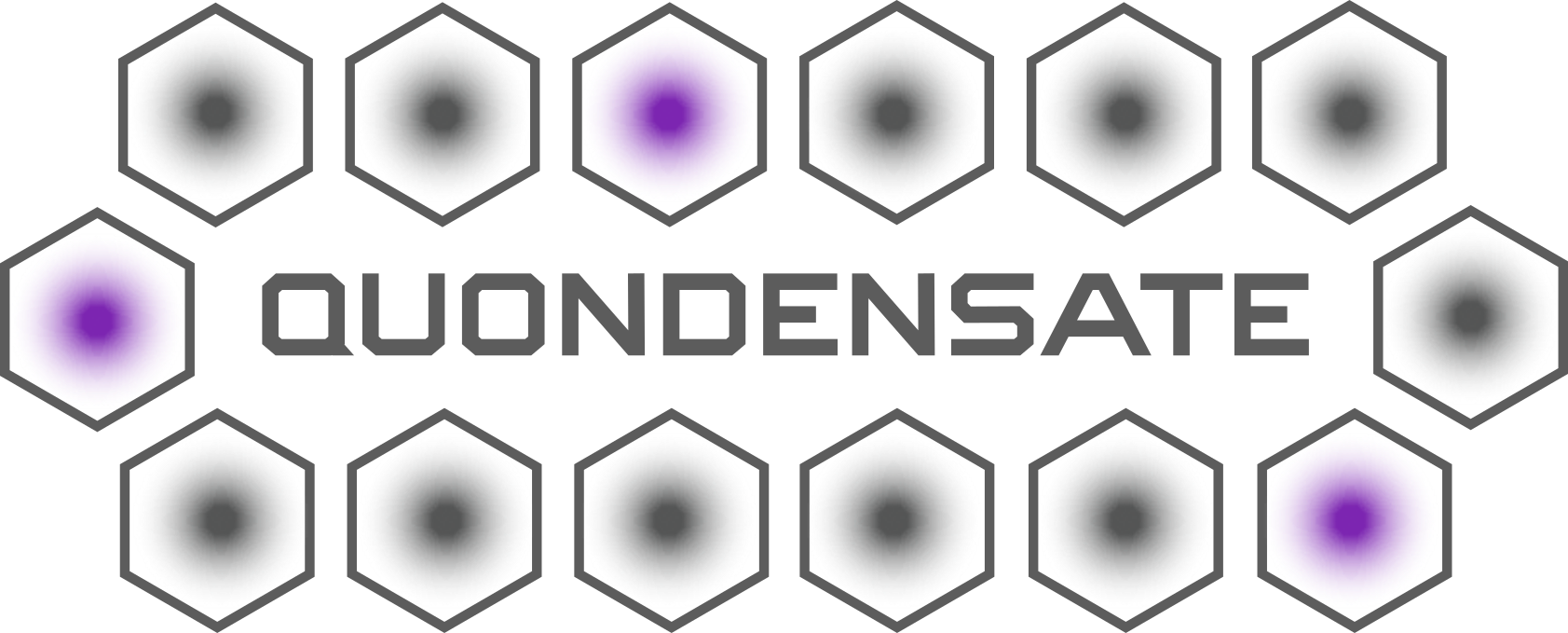
Research expertise
The “Quantum Materials by Design” group at Utrecht University, led by Prof. Zeila Zanolli, is internationally recognized for the development and use of first-principles simulation techniques to predict a wide range of physical properties of Quantum Materials, including spectroscopy, topology, quantum transport, and superconductivity. We address the electronic structure problem of interacting electrons in solids and molecules by solving the Schrödinger equation in the framework of Density Functional Theory (DFT).
Excited states properties (optical absorption, exciton physics) are computed within a many-body perturbation theory (MBPT) formalism (GW approximation, Bethe-Salpeter Equation). The dynamics of excited carriers (including interaction with lattice vibration) and time-dependent optical spectra are predicted using a real-time rate equation approach on top of the GW/BSE approach.
We compute quantum electron transport using Non-Equilibrium Green’s Functions with a DFT (or Tight-Binding) Hamiltonian. We recently implemented a combined DFT-Bogolibov de Gennes formalism in the SIESTA code to model conventional and unconventional superconductivity.
We contribute to the development of the open-source codes YAMBO and SIESTA.
Role in QUONDENSATE
In QUONDENSATE we will predict the structural, electronic and optical properties of Transition Metal Dichalcogenides (TMDs) with defects. We contribute to Work Packages 1 (TMD materials development), 3 (Charecterization of defect networks), 4 (Implementation of Quantum Reservoir Computing with defect networks). We lead WP5 (Exploitation, Dissemination, and Communication).
The people
Prof. Dr. Zeila Zanolli (PI)
Dr. Ir. Andrés Botello Mendez
Mr. Riccardo Reho
Mr. Arnold Kole
Mrs. Montserrat Navarro-Espino
Mr. Steven Bos (Quondensate funded student)

QUONDENSATE related papers:
- P. M. M. C. de Melo, J. C. de Abreu, B. Guster, M. Giantomassi, Z. Zanolli, X. Gonze, M. J. Verstraete
Phonon-assisted High-throughput analysis of Fröhlich-type polaron models,
npj Computational Materials (2023) 9:147, https://arxiv.org/abs/2207.00364 - T. Sohier, P. M. M. C. de Melo, Z. Zanolli, M. J. Verstraete
The impact of valley profile on the mobility and Kerr rotation of transition metal dichalcogenides, 2D Materials 10 025006 (2023) , https://arxiv.org/abs/2207.00452 - F. Libbi, P. M. M. C. de Melo, Z. Zanolli, M. J. Verstraete, N. Marzari
Phonon-assisted luminescence in qubits from many-body perturbation theory
Phys. Rev. Lett. 128, 167401 (2022) https://doi.org/10.1103/PhysRevLett.128.167401 arXiv:2111.03518
Press: Predicting the optical read-out of a qubit from first principles, MARVEL highlights - Pedro M. M. C. de Melo, Z. Zanolli, M. J. Verstraete,
Optical Signatures of Defect Centres in Transition Metal Dichalcogenide Monolayers,
Adv. Quantum Technol. 2000118 (2021)
Press: MaX Highlight “Transition Metal Dichalcogenides investigated through Many-Body Perturbation Theory” - I. Ronneberger, Z. Zanolli, M. Wuttig, R. Mazzarello,
Changes of Structure and Bonding with Thickness in Chalcogenide Thin Films,
Advanced Materials 32, 2001033 (2020) https://doi.org/10.1002/adma.202001033
Press: ICN2 - A. Dewandre, M. J. Verstraete, N. Grobert, Z. Zanolli,
Spectroscopic properties of few-layer tin chalcogenides
Focus issue on Women’s Perspectives in Materials Science: 2D Materials J. Phys. Mater. 2 044005 (2019) https://doi.org/10.1088/2515-7639/ab3513
Press: ICN2 - M. Ersfeld, F. Volmer, P. M. M. C. de Melo, R. de Winter, M. Heithoff, Z. Zanolli, Ch. Stampfer, M. J. Verstraete, B. Beschoten,
Spin States Protected from Intrinsic Electron-Phonon-Coupling Reaching 100 ns Lifetime at Room Temperature in MoSe2 NanoLetters19, 4083-4090 (2019), https://doi.org/10.1021/acs.nanolett.9b01485 https://arxiv.org/abs/1708.00228
Press: ICN2
Utrecht University:
Established in 1636, Utrecht University (UU) has evolved into a leading modern comprehensive research university with a growing international reputation. In the 2023 Shanghai Academic Ranking of World Universities, UU ranks first in the Netherlands, 14th in Europe and 52nd in the world. UU has an annual turnover of over 928 million euro, and M€ 267 (29% of which) from external funding. UU has state-of-the art research facilities and excellent research training through graduate schools. UU conducts fundamental and applied research into a vast array of disciplines


